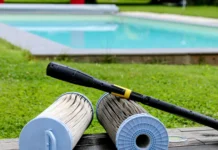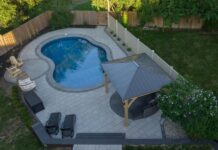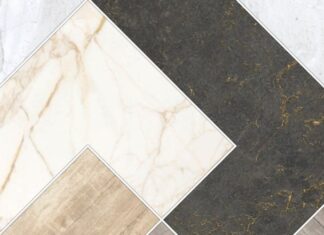If you are building a new home, you have the opportunity to design a structure that is energy efficient. A green building not only costs less to operate, but it is also better for the health of the planet. Besides being healthier for the planet, it will also improve your personal health. Energy-efficient homes are known to have higher air quality, reduced mold, and a warmer and drier home. Although environmentally-conscious construction may cost more than traditional building techniques, you will feel better owning a home that cares for the earth and better improve your wellbeing.
Think Smaller
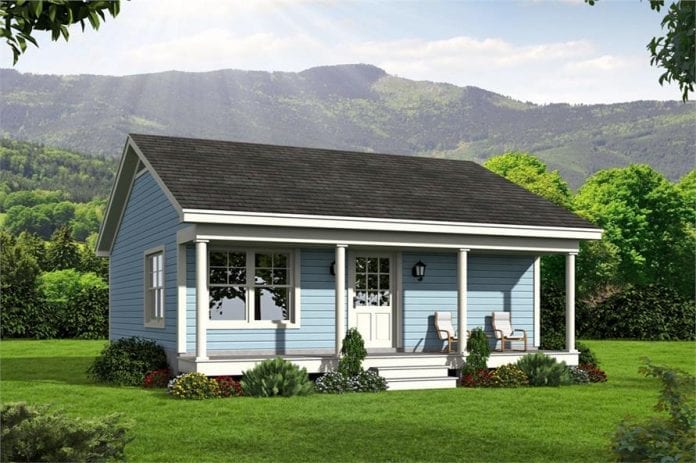
The first suggestion may actually save you some building costs. Over the past few decades, family homes have grown larger in size. A bigger building means more heating and energy use. By building a house that is sufficient for your needs, you will naturally use fewer resources in both construction and maintenance over time. In the right climate, you might consider creating a lovely outdoor dining patio rather than a large area for entertaining indoors. A smaller home will also curb the common temptation to fill empty spaces with things you do not need.
Incorporate Smart Technology
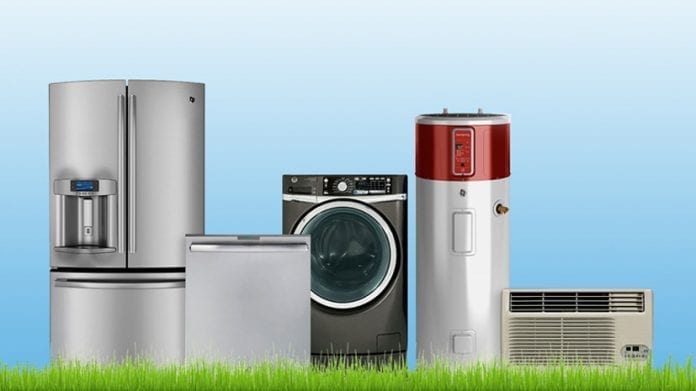
One of the advantages of building a new home is that you can incorporate the latest technology right from the start. Working with smart thermostats is a simple way to make your home more efficient. These units go beyond basic programmable thermostats by learning your heating patterns over time. Just by shaving off 10 minutes of heating or cooling system operation every day, you will use significantly less energy over time. You can also invest in smart appliances such as a smart refrigerator. Your refrigerator makes up 13.7 percent of a home’s energy usage according to the Department of Energy, so start by looking for a refrigerator or any other appliance that is Energy Star certified. You can also look for a refrigerator that has an “energy saver” switch. This will allow you to turn down or turn off the heating coils that prevent condensation. This will allow you to better control the anti-sweat heaters in the refrigerator, which can lower your refrigerator energy costs by 5-10 percent.
Green Heating Strategies
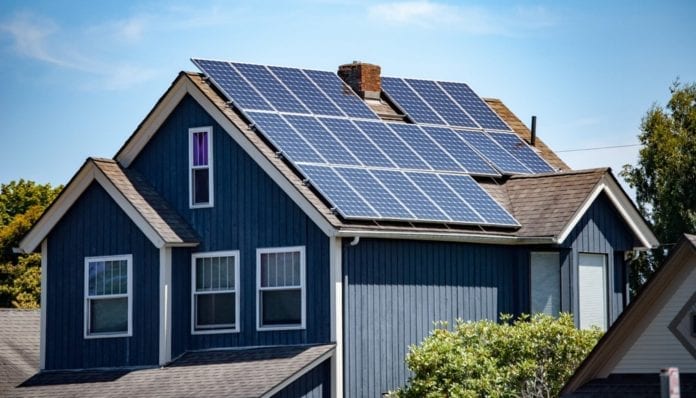
Heating your home comes at a high cost. However, new climate control systems will use less energy to do the job. A heat pump climate system uses the heat in the ambient air of your home to heat or cool things, depending on the season. A geothermal heating system is extremely efficient, using the constant temperature of the ground around your home to maintain the right temperature inside. Both of these systems will reduce the greenhouse gas emissions of your home.
Take Advantage of Natural Light
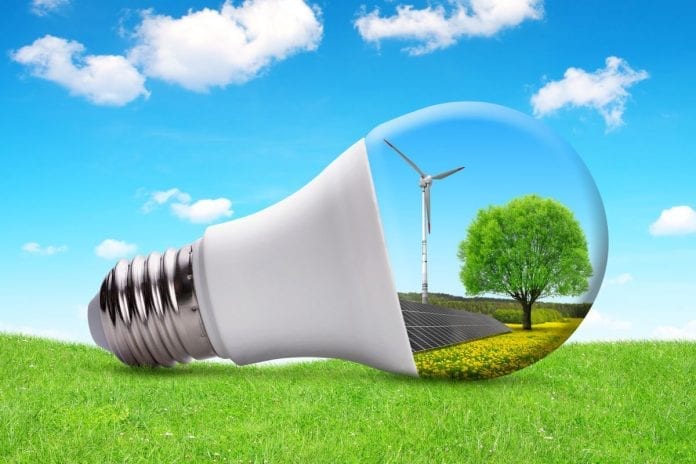
When you design your home, make certain that it is oriented in such a way that important rooms get plenty of natural light. You may also want to think about installing larger windows in common spaces. The more sunlight you can take advantage of, the less electricity you will use. Specially designed skylights use mirrors to reflect sunlight into a room. As you plan your home, be sure to choose the most efficient windows, doors, and skylights available. It does not make sense to save money on lighting if it only adds to your heating bill.
Generate Your Own Electricity
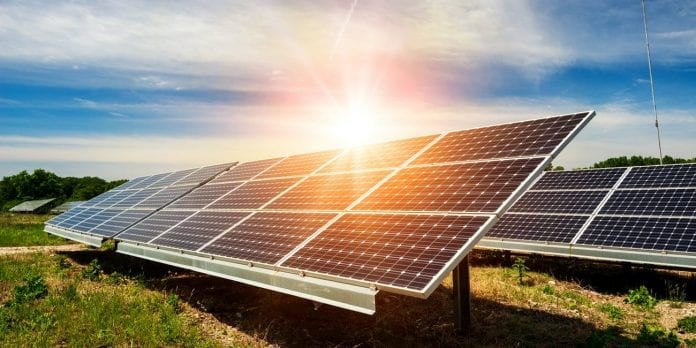
Generating electricity through solar energy is one of the most efficient features you can add to your home. Although solar panels used to be the domain of professional companies such as Wholesale Solar, DIY solar panels have made solar energy systems accessible to many more consumers. Solar panels can not only provide energy for your home needs, but they can also generate income when the power company buys your excess electricity. Solar panels have low maintenance costs, along with lower utility bills and a green energy source, so you can’t go wrong. To have an estimate as to how much you will pay for your energy consumption, you can use an electric bill calculator.
Conserve Water Inside

In some regions of the country, water shortages are always a concern. No matter where you live, you should be trying to reduce your water use. High-efficiency dishwashers and clothes washers can do their work while using less water and less electricity. One major way to reduce your water use is by installing a tankless hot water system. In traditional hot water tanks, many gallons of water remain heated even while you are out of the house. A tankless water heater heats water on demand. You will only use and heat the water you need. Another way to conserve water indoors is to install a low flow or trickle valve shower head. They work by restricting the flow of water by squeezing it through very small holes, which will also give you a shower with more water pressure.
Conserve Water Outside
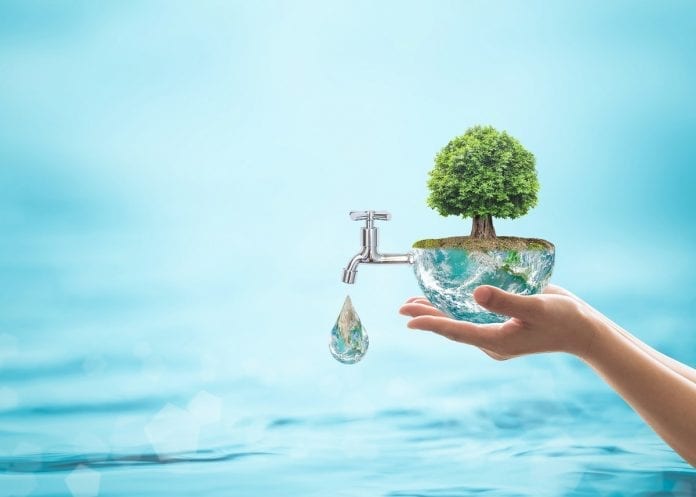
In the past, most homeowners wanted a green lawn around their house. In dry regions of the country, this means a great deal of water used in irrigation. It also means releasing chemicals into the environment due to fertilizer and pesticide use. By landscaping with drought-resistant plants and materials, you can have a beautiful lawn that is kind to the planet. Succulents that use less water can add color and interest to your lawn. Butterfly gardens that incorporate local wildflowers are another way to minimize your environmental impact while keeping things beautiful. Another way to conserve water is to save rainfall. By setting buckets or bowls outside to capture rainfall, you can save water by using the water for later use, such as watering your indoor plants, filling your pet’s water bowls, or to flush toilets. Be sure to set these buckets away from roofs, canopies, or other structures to avoid contamination from dirt and debris that can run off structures.
As the world deals with a changing climate, it is important to recognize how you can play a part in the solution. It not only saves you money on your everyday energy bills and costs but also improves your health. By building an energy-efficient, green home, you are making a difference and improving your community.


